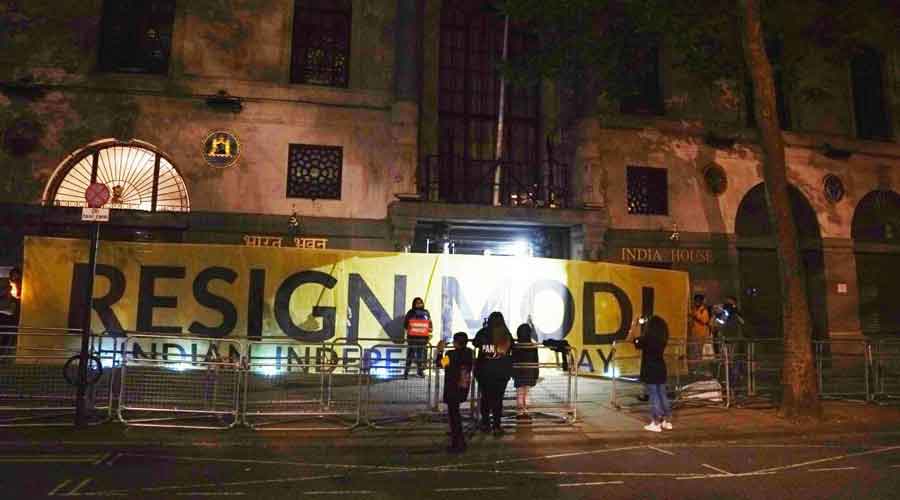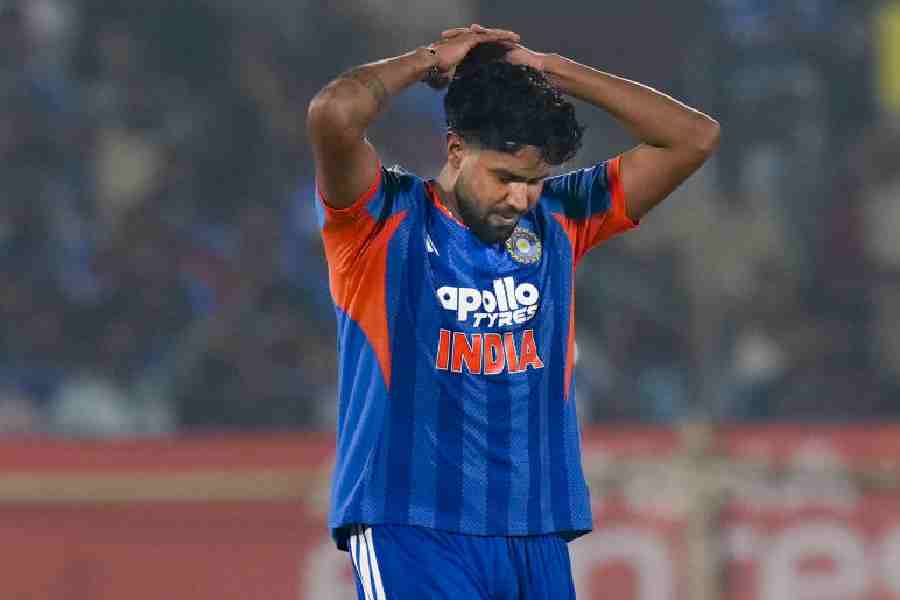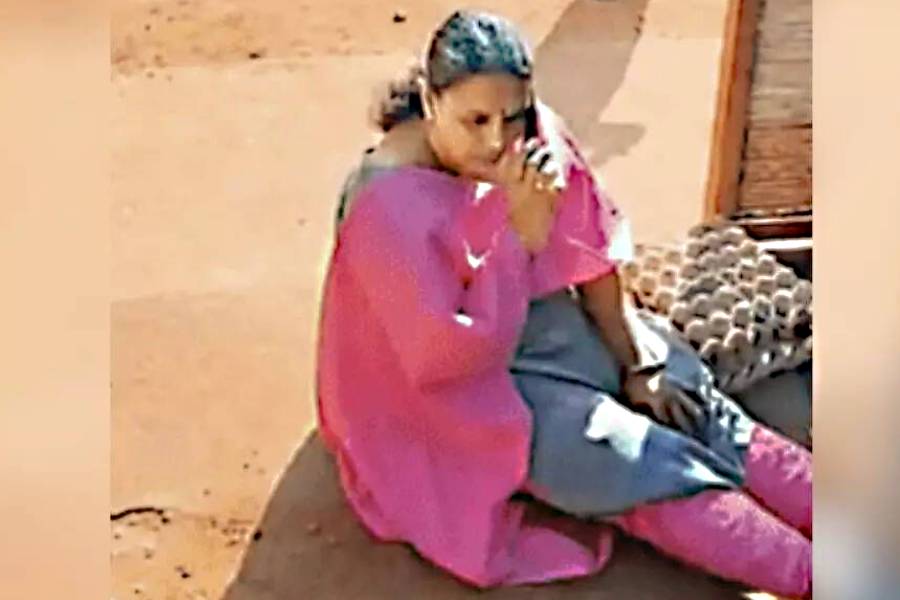The Indian High Commission in London has said it had not been approached about the repatriation of the bodies of three victims of the Gujarat riots.
The 20th anniversary of the riots was marked by a debate by a small group of MPs in a committee room in Westminster, with the motion moved by Kim Leadbeater, Labour MP for Batley and Spencer. The seat was represented from May 7, 2015, to June 16, 2016, by Leadbeater’s elder sister, Jo Cox, who was killed in a terrorist attack.
Leadbeater said she was speaking on behalf of her constituents, the Dawood family, who were seeking the return of the remains of Shakeel and Saeed Dawood and Mohammad Aswat.
Imran Dawood, nephew of Shakeel and Saeed — he was 18 at the time — survived and was present to hear the debate on Wednesday. Leadbeater also said she was asking a coroner in the UK to open an inquiry into the killings at the request of the Dawood family. Their hope would be that the coroner would come to a judgement about who was responsible for the killings.
The Indian High Commission said in a statement: “High Commission of India, London, has taken note of a discussion held in one of the Halls of Westminster and its subject — related to a tragic sequence of events that took place in India 20 years ago, involving loss of lives of members of the many communities living side by side in Gujarat.
“High Commission of India would like to state that it has not been approached so far by the H’ble MP who sponsored the motion or any other participants in today’s discussion to engage on the subject — including on the specific request of the families of three British victims.”
“As has been abundantly acknowledged by speakers in today’s discussion, since 2002, due process of law has been followed, closely supervised by the Supreme Court of India.
“It is well known that under successive Indian Governments, there has been continuous Parliamentary oversight and judicial supervision of the investigations into the incidents and free debate and discussions have taken place in the Parliament of India.”
As in a mature democracy, the Report of the Special Investigation Team constituted by the Supreme Court of India has been placed in the public domain in its entirety.
“India is not only the world’s largest functioning democracy, it also uniquely exemplifies unity in diversity. Our internal laws and foreign policy are guided by the principles enshrined in the Constitution of India and this enables our people to address their problems democratically and within our own democratic institutions including our legislature and judiciary.”
The debate was wound by Amanda Milling, foreign office minister with responsibility for Asia, whose reply was very carefully worded.
“We have provided consular support to the families of the British victims since 2002, and we will continue to provide assistance as needed,” she said. “I acknowledge the hurt the families must feel that the remains of their loved ones have not been returned to them. We have been advised by the family’s legal representatives that an application has to be made to the court in India for the remains to be returned, and we stand ready to support that application once it has been made.”
“Regarding the coroner’s inquest, we stand ready to engage and provide further consular assistance to the Dawood family if requested,” she added.
Milling also said: “During the riots, many women were raped, and Muslim homes and businesses were destroyed. According to official figures, the violence claimed more than 1,000 lives, although many reports suggest that the true figure is higher. The then Prime Minister, Prime Minister Vajpayee, and the Government of India strongly condemned the violence in the months that followed.
“The rights and protections of religious communities around the globe is a priority for this Government. We will continue to condemn any incidents of discrimination because of religion or belief regardless of the country or faith involved. India has a strong tradition of diversity, and we look to it to uphold all freedoms and rights guaranteed in its strong constitution. We have a strong relationship with India. We raise the importance of freedom of religion and belief in India, including the impact of legislative and judicial measures, directly with the Indian authorities at appropriate times.”
She stressed: “India is central to the UK’s Indo-Pacific tilt, and both Governments are committed to taking the relationship from strength to strength. Our 2030 road map, which was launched by the Prime Minister and Prime Minister Modi last year, will further advance our comprehensive strategic partnership. It benefits people across both countries, and supports regional and global security and prosperity.
Indian healthcare professionals are the largest non-British group of staff in our NHS. “India, as the pharmacy of the world, plays a vital role in supporting global equitable access to vaccines. Oxford University, AstraZeneca and the Serum Institute of India are collaborating to develop vaccines at scale.
“Twenty years after those dark days in Gujarat, it is right that we remember the victims of that violence, their families and all those who died in those tragic events, including those from Batley. It is also right that we reaffirm our commitment to do all we can to foster intercommunal understanding and respect around the world and to prevent such events from happening anywhere. That is why the rights of those from minority groups are an essential part of our dialogue and partnership with India—a country whose constitution protects the rights of citizens of all faiths. It is a partnership and friendship that is very important to us, and which brings immense benefits to a diverse range of people in both our countries.”










